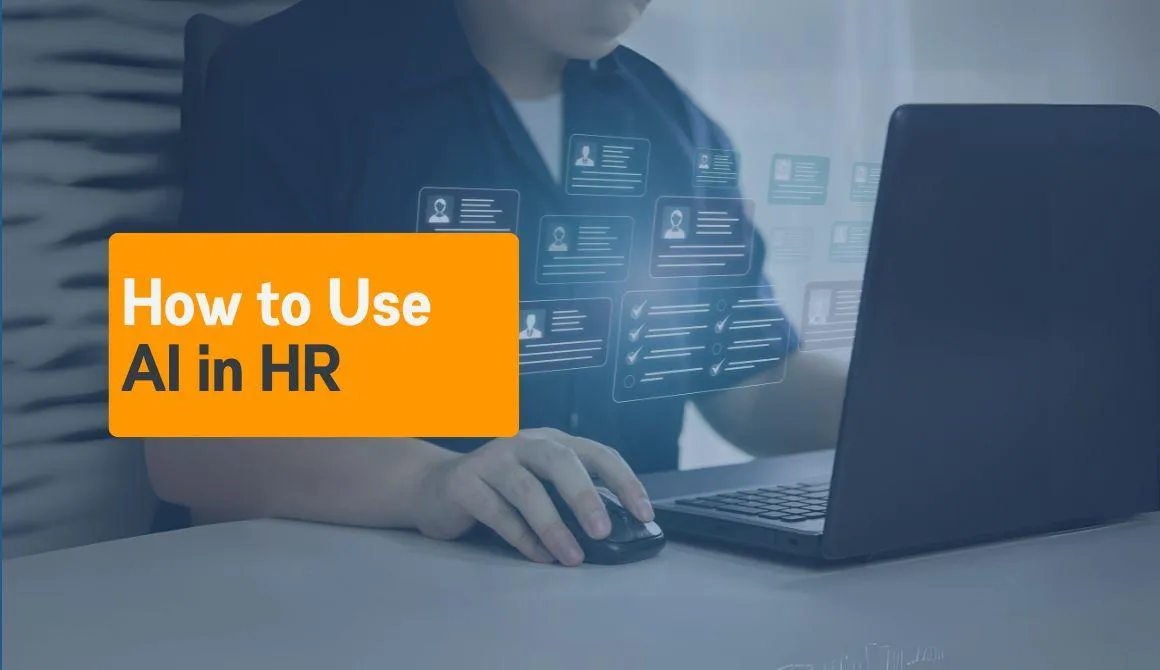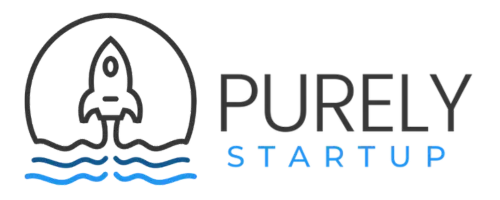
How to Use AI in HR for Faster Hiring and Smarter Decisions
It's Monday morning. You're staring at hundreds of resumes, wondering how to go through them when you barely have time. By the time you shortlist candidates, the best ones might already be hired elsewhere. Sounds frustrating, right?
That's a reality for many HR professionals. But what if you knew how to use AI in HR? Instead of hours of manual screening, AI could scan resumes in seconds, finding the perfect fit. Not only that, it could also predict which employees are likely to stay long-term.
AI isn't here to take over HR; it's here to handle repetitive work, saving you time to focus on your people. So, how can you use it to your advantage? In this blog, we’ll explore how to use AI in HR to make your hiring process faster and more efficient. Ready? Let's get started!
What is AI in HR?
AI in HR means utilizing artificial intelligence to simplify human resource management (HRM) tasks. These tasks can include hiring, training, and employee engagement. For example, AI-powered applicant tracking systems screen resumes faster than humans, while chatbots manage employee queries about benefits or policies.
Companies such as IBM use AI to predict employee turnover, and Unilever leverages it to assess candidate potential through gamified assessments. Their goal isn’t to replace their HR teams but to help them be more strategic, free up time, and reduce bias while improving outcomes.
5 Practical Ways to Use AI in HR
AI is changing the way HR works. However, how do you use it? Here are five practical ways AI can help make HR more efficient.

AI in Recruitment
Hiring takes time, and sorting through never-ending resumes doesn’t make it any easier. AI speeds things up by shortlisting candidates based on job descriptions and screening profiles to find the best match. It also conducts initial chatbot interviews.
Companies like Chipotle have seen significant improvements. After implementing an AI assistant named Ava Cado, they reduced the average application processing time from 12 days to just four. Instead of spending hours manually screening candidates, HR teams can reach the right people and make sure they’re a great fit.
Employee Onboarding
Starting a new job can feel overwhelming, especially when there’s too much information at once. There are forms to fill out, systems to learn, and names to remember.
AI makes onboarding smoother by personalizing training, answering common questions through chatbots, and matching new hires with mentors. For instance, a new employee at a tech company could use an AI assistant to complete onboarding tasks.
Such tasks involve setting up accounts, accessing training modules, and scheduling meetings with team members. This ensures that employees feel supported from the start, making it easier for them to adjust, gain confidence, and perform well.
Learning & Development
Everyone's learning style is different, and AI assists by recommending courses based on skills and career goals. It also adjusts difficulty levels and tracks progress in real time. Moreover, it identifies employees who might need extra support.
A report by LinkedIn Workplace Learning revealed that 94% of employees would stay longer at a company if it invested in their career development. AI helps HR teams offer targeted, effective training that keeps employees engaged and motivated.
Employees who get the proper training on time learn quicker and retain skills longer. They build skills instead of wasting time on irrelevant courses, which drives their careers ahead.
AI-Powered Performance Management
Performance reviews can feel outdated and even unfair at times. Traditional methods rely heavily on opinions rather than an employee's performance. AI helps by tracking work patterns and highlighting areas where employees excel or require support.
This means feedback is based on authentic data and not on assumptions only. For employees, this is helpful for their career growth as they get clear feedback on what they're doing well and where they can improve. Plus, they get customized training tips to help them get better. It's a win-win; everyone's on the same page, and career growth remains fair.
Employee Engagement & Well-being
Sure, money matters, but feeling valued and heard is what truly motivates employees. AI analyzes feedback from surveys, emails, and work habits to spot early signs of exhaustion or dissatisfaction. Otherwise, these signs might go unnoticed.
For example, if an AI system detects a drop in productivity or absence, it can flag potential well-being concerns. HR can then provide targeted solutions such as flexible work arrangements, wellness programs, or mental health support.
How to Use Generative AI in HR?
If you think generative AI is only about chatbots, think again. It's transforming HR processes in a variety of ways. Here’s how it can add value.
Job Descriptions & Emails: Thanks to AI tools like ChatGPT and Copy.ai, HR teams can save significant time and effort. These tools can generate job descriptions, offer letters, and onboarding emails within seconds.
Training & eLearning Content: AI enables you to create personalized employee training content. This makes learning more interactive and personalized to individual requirements, accelerating training and keeping employees engaged.
Policy Drafting & Compliance Updates: Instead of manually drafting policies or checking for compliance updates, AI ensures HR documents are consistently up to date with changing labor laws. In turn, it keeps companies compliant with minimal effort.
Sentiment Analysis for Employees: Generative AI considers employee feedback from surveys or other sources to spot negative sentiments or workplace issues early. This allows HR to address concerns before escalating, boosting employee well-being.
👉 Tired of repetitive tasks slowing you down? Check out How Can You Influence the Automation of Manual Processes to learn how to streamline your workflow and boost productivity!
Top Benefits of Using AI in HR
As you can see, AI offers great value when applied strategically. Let's look closely at the specific benefits of integrating AI into HR practices.

Faster Recruitment Process
AI helps HR teams save time by quickly scanning resumes and shortlisting candidates who ideally match the job requirements. This means faster hiring, less manual effort, and quicker onboarding of the right fit.
Improved Employee Experience
AI-powered tools, like chatbots, improve the employee experience by answering their questions instantly and making their onboarding smoother. Employees also get personalized training. They feel more supported, which enhances their overall work satisfaction.
Data-Driven Decision Making
Instead of relying on gut feelings, AI in HR uses data to guide decisions. Whether tracking employee performance or gathering feedback, AI provides actionable insights and allows HR to make well-considered decisions. This benefits the whole organization.
Increased Employee Engagement
AI tools assess employee behavior and feedback to spot potential issues early, such as exhaustion or lack of engagement. This allows HR to offer support and solutions proactively before problems grow, keeping employees happy, focused, and engaged.
Cost-Effective HR Operations
AI automates repetitive tasks like scheduling interviews or processing payroll. With less routine work, HR teams can focus more on strategic planning, improving overall efficiency, and minimizing company costs.
👉 Looking to level up your business efficiency? Explore How AI for Small Business Can Save Time, Cut Costs, and Drive Sales and discover smart ways to grow with less effort!
Real-Life Examples of AI in HR
Brands worldwide are successfully implementing AI to enhance their HR departments and achieve better results. These examples highlight how AI is more than an innovative concept; it is a valuable tool for HR teams today.
IBM: Improving Employee Experience
One prominent example of AI in HR is IBM's use of AI to guide employees in their career paths. The AI platform offers tailored training plans based on individual skills and career goals. It helps employees learn the right skills, provides growth opportunities, and makes them feel more engaged. This tailored approach keeps employees motivated and ready for the future.
Hilton: AI for Recruitment
Hilton uses an AI-powered chatbot called “Connie” to make hiring easier. This chatbot handles candidate queries 24/7, providing tailored answers according to the position they applied for. It also helps in scheduling interviews and screening applicants. This saves recruiters time and ensures candidates get responses quickly, resulting in a better hiring experience.
Accenture: AI-Powered Performance Management
Accenture utilizes AI to improve performance management. Its AI system analyzes employee performance data, offering immediate feedback and personalized development plans. This approach promotes continuous development while aligning employee efforts with company goals.
Free AI-Powered Tools for HR
Understandably, not every company can afford expensive AI solutions. But there are reliable free HR tools that you can start with.
Final Word from Purely Startup
AI in HR is already here, transforming how companies operate. Businesses can streamline processes, make better decisions, and improve the employee experience by understanding how to use AI in HR effectively. However, success lies in striking the right balance–letting AI handle mundane tasks while HR professionals focus on high-value activities to drive significant results.
At Purely Startup, we craft custom digital solutions to drive your HR strategy forward. So, whether you're starting fresh or scaling fast, be ready to see the difference. Contact us at [email protected] or book a free meeting below.


